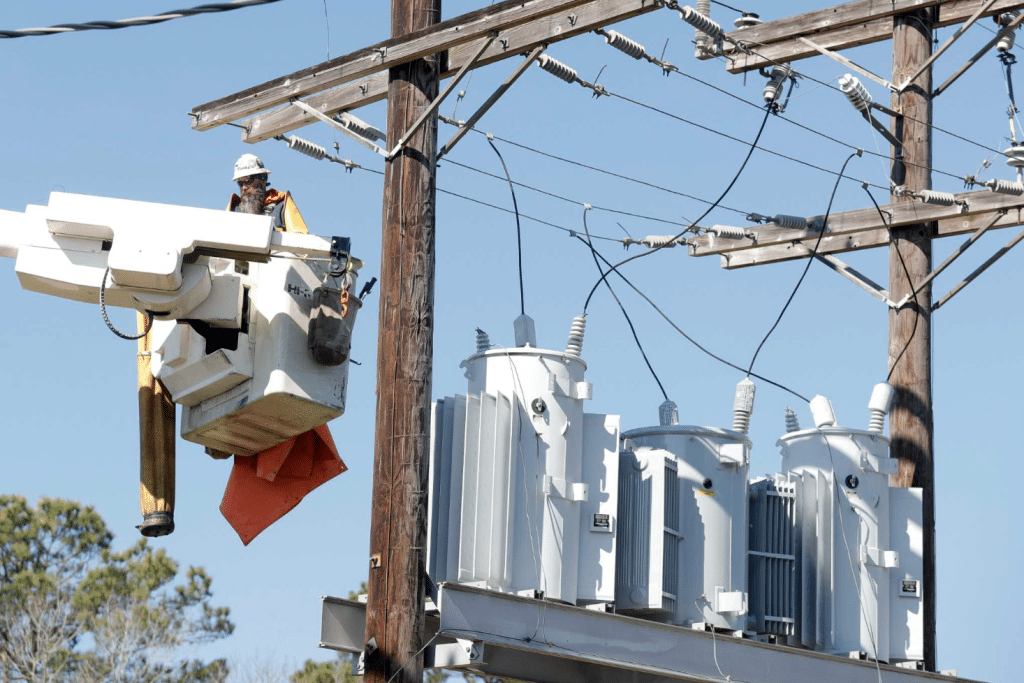When it comes to energy, deregulation provides multiple advantages for consumers. It also encourages innovation and new options for electricity generation, such as renewable energy.
Regulated markets have one local utility company that oversees energy services, from creating power to maintaining wires. While many people support deregulation, critics worry it stifles competition and increases customer costs.
Costs
One of the most significant benefits of deregulated energy markets is that it allows for increased competition among different providers. This can result in lower energy rates and more options for customers. It can also encourage innovative services like renewable energy and peer-to-peer trading.
Energy consumers in deregulated states are not bound to a single regulated utility and can choose from various energy suppliers, each offering various plans and prices. The local utility distributors continue to be responsible for the physical delivery of electricity or natural gas. This means there are no power outages or interruptions if customers change their supplier.
A deregulated energy market also saves businesses money on energy costs. Companies can reduce their overhead and increase profits by choosing a competitive supplier that offers lower rates. Moreover, they can choose from cleaner supply options and lower their carbon footprint.
However, energy deregulation can bring new challenges for utilities. As the price of petroleum declines, many energy providers are exploring alternative forms of energy. Some seek to generate renewable energy from wind and solar, but they face challenges competing with traditional fossil fuels. For these companies to compete fairly, it may be necessary to redesign the wholesale market.
Benefits
Energy deregulation allows customers to choose from various electricity and gas providers that offer different rates, contract terms, and services. This new competition in the industry has led to higher energy efficiency and a more comprehensive range of options, including renewable energy.
Another benefit of energy deregulation is improved customer service. Electricity providers are required to compete for business, so they must offer competitive prices and high-quality service to attract customers. This competition also allows consumers to save money by choosing the right electricity provider for their needs.
The deregulated energy market works through a network of transmission lines and pipelines, which local utility companies own. These infrastructures allow third-party energy supply companies to purchase wholesale power and sell it to retail customers for a fee. Local utility distribution companies still own and operate the energy delivery infrastructure but do not provide power generation services.
Despite the benefits of deregulation, there are some potential risks to watch out for. For example, some suppliers may use a complicated energy pricing structure to hide higher costs from consumers, especially in low-income areas. The result is that some consumers end up overpaying for their electricity and gas by 20% or more. This is why working with an experienced energy broker is essential to help you find the best deal.
Regulations
The federal government’s creation of the Federal Energy Regulatory Commission in 1977 stemmed from the energy crisis that hit the United States in the 1970s. This energy crisis resulted from elevated petroleum prices and a lack of innovative power generation technology. Energy deregulation allowed new energy companies to offer competitive products and services to residential customers. This increased competition helped to lower energy prices for consumers. Energy deregulation also pushed electric companies to provide better customer service as they competed for business.
The benefits of energy deregulation include higher choice, better customer service, and lower prices for consumers. However, despite these advantages, consumers may need help understanding energy rates and choosing the best option. Energy prices fluctuate depending on the season and supply, but these rates usually follow the law of supply and demand.
Energy deregulation allows residents in states with energy choices to choose their electricity and natural gas suppliers. This allows them to shop for the best prices and choose the best energy provider. This process is similar to how people choose a mobile phone plan or internet service. Energy deregulation also benefits the environment by encouraging businesses to use renewable energy sources. In addition, it aids in decreasing the quantity of greenhouse gases released into the air.
Suppliers
In deregulated energy markets, customers can select their preferred energy providers. This is done through an open market, which requires local utilities to unbundle their utility bills so that a customer can compare rates and contract options from several different third-party energy suppliers. This allows customers to shop for the best energy solutions for their homes or businesses. Energy brokers can play a vital role in helping clients navigate complex options and make informed decisions.
The benefits of deregulated energy include lower energy rates, renewable options, and customer service consistency. In addition, competition between energy suppliers encourages efficiency and green initiatives. In a deregulated market, your local utility company is still responsible for transmission and distribution, so you won’t experience service interruptions when you switch providers.
The concept behind deregulation is simple: energy companies that produce and supply power can operate independently from the local utility, which only regulates and delivers energy to a region. However, the reality is more complicated and includes various state and federal regulations. In addition, the complexity of electricity and natural gas supply chains makes navigating these markets daunting for many consumers. The deregulation of the power industry began in the 1970s with the Public Utilities Regulatory Policies Act, which opened the market to independent suppliers.

